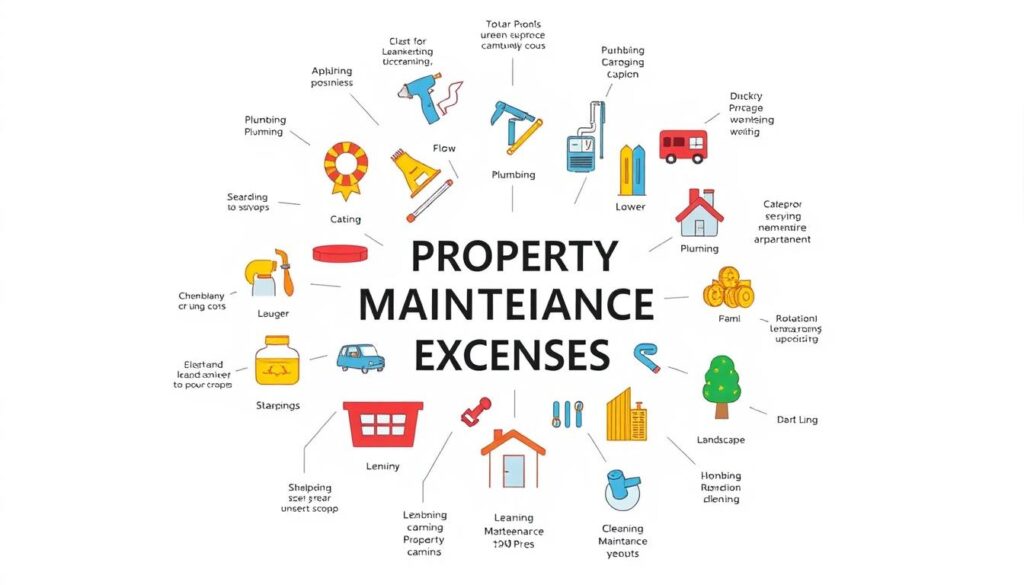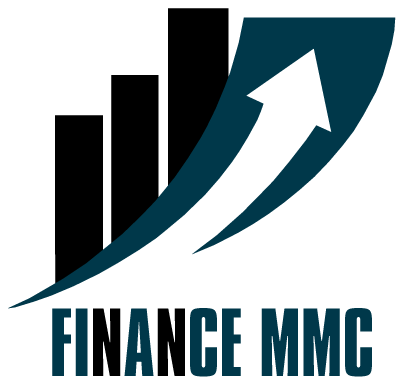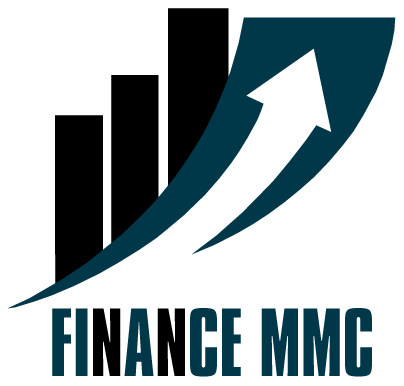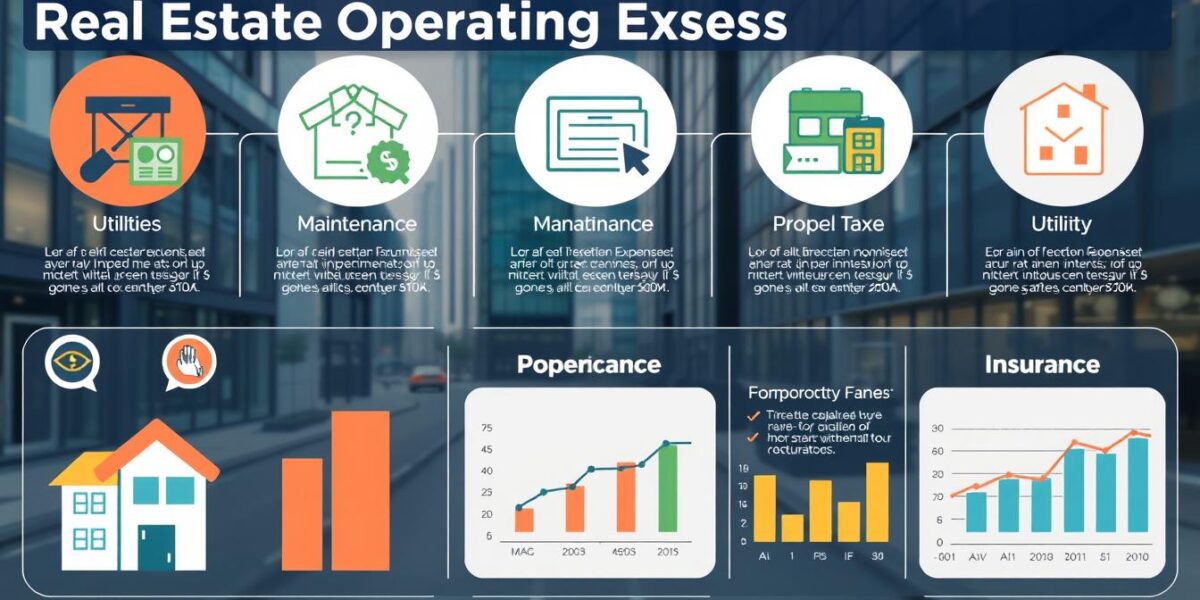Discover what is the largest real estate operating expense and learn how to effectively manage your property costs to maximize returns on your investment portfolio
In 2023, insurance costs jumped by a huge 26.2%. This shows how complex real estate investment expenses can be. Property owners are facing big challenges as the biggest expense in real estate keeps changing a lot. Let’s see what is the largest real estate operating expense .
It’s very important for investors to understand real estate costs. This helps them make their properties more financially successful. Property management costs are a big part of these expenses. They affect how much money investors can make and how profitable their investments are.
The real estate market today needs smart ways to handle expenses. Investors must look closely at each cost, like insurance and maintenance. This helps them get the best financial results.
Key Takeaways
- Insurance expenses have surged by 26.2% in 2023
- Property management costs typically range from 8% to 12% of monthly rent
- Operating expenses directly impact Net Operating Income (NOI)
- Comprehensive expense management is crucial for real estate investment success
- Proactive cost monitoring can significantly improve investment returns
Understanding Real Estate Operating Expenses Fundamentals
Real estate operating expenses are key to property investments. They cover various costs that affect your property’s financial health and profits.
Dealing with real estate operating expenses needs a smart plan. Knowing these costs helps investors and managers make better financial choices.
Types of Operating Costs
Real estate operating expenses include several main parts:
- Property taxes
- Insurance premiums
- Utility maintenance
- Property management fees
- Routine maintenance and repairs
Impact on Property Management
The cost structure of real estate affects management plans. Effective expense management boosts a property’s net operating income (NOI).
Smart expense management turns financial hurdles into chances for growth.
Cost Structure Breakdown
| Expense Category | Typical Percentage Range | Key Considerations |
|---|---|---|
| Property Taxes | 25-40% | Influenced by local regulations |
| Insurance | 5-10% | Varies by property type and location |
| Maintenance | 10-20% | Preventative strategies reduce long-term costs |
| Property Management Fees | 8-12% | Covers tenant screening, rent collection |
Grasping these expense patterns is crucial for a successful real estate investment. It helps you improve your financial outcomes.
Insurance: The Leading Operating Expense in 2024
Real estate insurance costs have become the biggest expense for property owners in 2024. The world of property insurance is changing fast. This change affects how we manage money in real estate.
Recent data shows the growing insurance challenges:
- Insurance premiums now make up 9.8% of total costs in affordable housing
- Average cost per unit was $8,243 in Q3 2024
- Insurance costs have risen by 15% in the last five years
“Insurance costs are going absolutely crazy,” says Larry Silverstein, a well-known real estate developer.
The Southeast, Southwest, and West are seeing the biggest jump in insurance costs. Managing these expenses is key to keeping properties profitable.
Homeowners are also feeling the squeeze. In September 2024, 32% of the average single-family mortgage payment went to insurance and property taxes. Places like Miami and New Orleans see people spending more than half their mortgage on these costs.
Managing real estate insurance costs now requires a smarter approach. Property owners need to look closely at insurance costs and find new ways to lower premiums.
Property Management Fees and Their Impact
Managing real estate investments needs smart financial planning. Property management fees are key to your strategy. Knowing these fees helps you cut costs and boost profits.
Fee Structure Analysis
Property management fees usually fall between 8% to 12% of monthly rent. These costs are a big part of your expenses. The exact cost depends on the property, its location, and how complex the services are.
| Fee Type | Average Cost | Frequency |
|---|---|---|
| Standard Management Fee | 8.49% of Rent | Monthly |
| New Tenant Placement Fee | 70.6% of One Month’s Rent | Per New Tenant |
| Lease Renewal Fee | $211.92 | Per Renewal |
| Setup Fee | $185.24 | Initial Service |
Management Service Components
Property management services cover many important tasks:
- Tenant screening and selection
- Rent collection and financial reporting
- Maintenance and repair coordination
- Legal compliance management
- Marketing vacant units
Cost Optimization Strategies
To lower property management fees and better manage costs, try these:
- Negotiate fees for multiple properties
- Compare services from different management companies
- Understand detailed fee structures
- Consider long-term management contracts
“Effective fee optimization can significantly impact your real estate investment’s bottom line.” – Real Estate Investment Experts
By analyzing and managing property management fees well, you can make your investment more profitable. This helps reduce unnecessary expenses.
What Is the Largest Real Estate Operating Expense?

Knowing the biggest real estate expense is key for investors and managers. An analysis of operating costs shows many big expenses. But, recent trends are changing how we look at money.
“Insurance costs are going absolutely crazy in 2024,” says industry veteran Larry Silverstein, highlighting the dramatic changes in expense management strategies.
The main costs for real estate properties are:
- Insurance premiums
- Property taxes
- Maintenance and repairs
- Utility costs
- Property management fees
In 2024, insurance has become the biggest expense for many property owners. The cost depends on several things:
- Property location
- Risk assessment
- Building characteristics
- Regional weather conditions
To handle these costs well, consider these strategies:
- Regular expense audits
- Negotiating insurance rates
- Energy-efficient solutions
- Proactive maintenance planning
Investors who manage these complex costs well can greatly boost their property’s financial health and future profits.
Property Tax Considerations and Assessment
Property tax assessment is a big deal for real estate investors and owners. Knowing how property tax rates affect your investment is key to a good financial plan.
Many things affect your property tax, like where you are, your property’s value, and local laws. Tax rates change a lot from place to place. So, it’s important to know the tax rules in your area.
Tax Rate Variations by Location
Tax rates can change a lot between different places. Several things influence property tax assessment:
- Local government funding needs
- Community infrastructure requirements
- School district budgets
- Municipal service costs
Assessment Methods
Property tax assessments usually look at your property’s market value. Assessors use different ways to figure this out:
- Comparing sales of similar properties
- Looking at rental income
- Costing out what it would take to replace the property
- Using computer models
Tax Appeal Strategies
If you think your property tax is too high, you can appeal. Good tax appeal strategies include:
- Collecting data on similar properties
- Showing how your property is in good shape
- Questioning how the assessment was done
- Showing that your property is worth more
“Proactive property tax management can save investors significant money over time.” – Real Estate Tax Expert
| Assessment Type | Key Characteristics | Potential Tax Impact |
|---|---|---|
| Residential | Based on home market value | Typically lower rates |
| Commercial | Income and market value assessed | Higher tax rates |
| Industrial | Complex valuation methods | Significant tax variations |
Understanding property tax assessment and using smart strategies can help you manage your taxes. This way, you can avoid unnecessary costs.
Maintenance and Repair Cost Analysis
Property maintenance costs are key to real estate success. Knowing how to manage repair costs is vital. It helps keep your investment safe and avoids sudden money problems.

Real estate investors need to understand several important parts of building upkeep:
- Regular preventative maintenance
- Emergency repair budgeting
- Systematic inspection protocols
- Long-term infrastructure preservation
Managing repair costs well needs a smart plan. Experts say owners should plan for 1-4% of the property’s value each year for maintenance.
| Maintenance Category | Estimated Annual Cost | Cost Percentage |
|---|---|---|
| Routine Maintenance | $1,500 – $3,000 | 1-2% |
| Emergency Repairs | $1,000 – $2,500 | 0.5-1.5% |
| Major System Replacements | $2,000 – $5,000 | 1-2% |
“Proactive maintenance is always cheaper than reactive repairs.” – Real Estate Investment Wisdom
Creating a special reserve fund is part of a good maintenance plan. This fund helps cover unexpected repair costs without hurting your investment’s cash flow.
Operating Expense Ratio in Commercial Properties
Understanding the operating expense ratio is key to judging commercial real estate’s performance. It shows how well a property runs and its profit potential.
The operating expense ratio is a vital metric for commercial real estate. It shows how a property’s expenses compare to its income. Investors look at this ratio to see if a property is using its money wisely.
Calculating Operating Expense Ratio
To figure out the operating expense ratio, do this:
- Add up all the property’s operating costs
- Find out the property’s total income
- Divide the costs by the income
- Multiply by 100 to turn it into a percentage
“A lower operating expense ratio means better property management and possibly better returns on investment.”
Industry Benchmarks
Operating expense ratios vary by property type. For example:
- Retail properties: 30-40%
- Office buildings: 35-45%
- Industrial properties: 25-35%
Performance Metrics
Investors should compare a property’s ratio to industry standards. A ratio much higher than average might mean poor management or operational issues.
The best commercial real estate investments usually have a ratio that balances costs with upkeep and service quality.
Strategies for Reducing Operating Expenses
Managing operating expenses in real estate is key to keeping profits high. Real estate is often the second biggest expense. So, finding ways to cut costs is vital.
Effective expense management in real estate involves several steps:
- Negotiate property management fees to reduce overhead costs
- Implement preventative maintenance programs
- Explore energy-efficient solutions
- Optimize space utilization
Improving operational efficiency is crucial. Here are some ways to do it:
- Lease Optimization: Consider early lease renewals or property tax appeals
- Asset Management: Explore sale/leaseback opportunities
- Technology Integration: Utilize digital tools for maintenance tracking
“Smart expense management isn’t about cutting costs, but investing strategically in your property’s long-term performance.”
By focusing on property inspections and maintenance, you can save a lot. The average commercial property can save thousands each year. This is thanks to smart strategies.
Properties that are well-maintained and managed efficiently have lower tenant turnover. They also have higher value. So, cutting costs is essential for real estate success.
Conclusion
Your success in real estate investment depends on smart property management. Knowing and managing operating costs can greatly improve your profits. A small change in financial numbers can lead to big differences in your yearly earnings.
Managing real estate expenses means looking at all cost factors carefully. Insurance, property taxes, and more all affect your investment’s success. For example, a $5,000 increase in yearly costs could cut your return by 2-3%. This could turn a profitable property into a financial loss.
Smart investors focus on making smart financial choices, not just cutting costs. Using energy-efficient solutions, negotiating fees, and keeping properties in good shape can lower costs. Your ability to adjust to market changes and control expenses is key to long-term success.
Creating a detailed plan for managing expenses can shield your real estate from financial surprises. Every dollar saved in costs adds to your investment’s profit and strength in a changing market.


